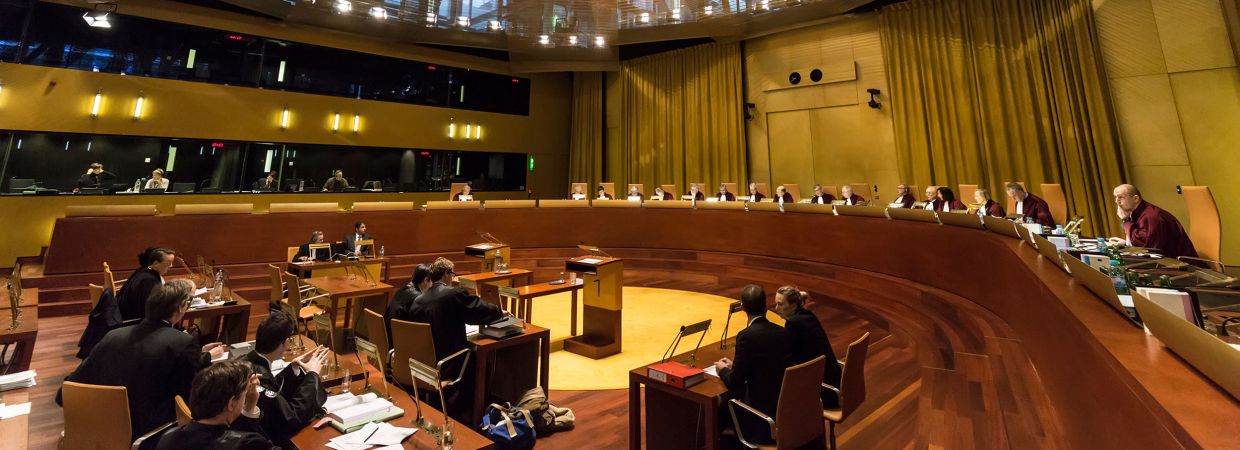english – Court of Justice: EU standards must be free of charge
Landmark judgement by the European Court of Justice: Important European standards must not be locked behind a payment barrier. This is also likely to affect sewer rehabilitation as an environmentally relevant area.
The judgement made a big splash in the European regulatory landscape last week: numerous standards that previously had to be purchased individually due to copyright law are to be made available free of charge following the latest ruling by the European Court of Justice (ECJ).
Standards are part of European law
The non-profit organisations "Public.Resouerce.Org" and "Right to Know" had brought the case. Using the example of safety requirements for toys, they made it clear that harmonised standards serve to protect the public and should therefore be openly accessible as part of laws. The argument: without knowledge of such standards, EU citizens do not know what specific requirements EU law places on certain products.
For years, the two associations have been arguing in favour of standards being considered part of European law. The EU Commission had previously backed the standardisation bodies, which offer the creation of documents under copyright protection for a fee. Even viewing standards for a few minutes is subject to a fee.
The Grand Chamber of the ECJ annulled this copyright protection as there was an "overriding public interest in free access to the harmonised standards".
"Complete reorganisation of the European standardisation system"
The lawyers at Morrison Foerster, who obtained the ruling, see the judgment as groundbreaking: "The EU Commission should now have to grant free access to all harmonised standards, as they are part of EU law. This will require a complete reorganisation of the European standardisation system." As a result, European standardisation organisations, but also national organisations such as DIN in Germany, will no longer be able to require companies and private individuals to buy harmonised standards for a lot of money. The business model of standardisation institutions such as DIN has been called into question by the ruling.
To which standards the judgement applies
![]()
The judgment of the European Court of Justice does not apply to all standards in the European Union, but to the harmonised standards on the safety of toys dealt with in the present case.
In its reasoning, the Court explains that "citizens may need to be aware of those standards in order to check whether a particular product or service actually fulfils the requirements of such a provision. The Court therefore finds that there is an overriding public interest in the dissemination of the harmonised standards at issue."
There are numerous DIN EN standards in our field, such as DIN EN 15804:2022-03 Sustainability of structures - Environmental product declarations - Basic rules for the product category of construction products or DIN EN ISO 11296-4 Plastics piping systems for the rehabilitation of underground non-pressure drainage networks (non-pressure drainages).
There is currently no indication on the website of the Beuth publishing house, which sells the DIN standards, that they will be provided free of charge.
RSV Board of Directors welcomes judgement
"Hiding knowledge behind a paywall is no longer appropriate in view of the current and future challenges - especially in an important environmental technology sector like ours," says RSV CEO Andreas Haacker, assessing the judgement.
In its factsheets, the RSV offers assistance for users, provides information on quality assurance and draws attention to regulatory gaps in rules and regulations. Unlike standards, the RSV names the companies, engineering offices and network operators as authors in the documents in order to make the legitimate economic and content-related interests and experiences visible.
"Our factsheets are available free of charge because we want the technologies to spread and be applied with high quality standards," says Haacker. Just like DIN, the RSV factsheets are created by practitioners on a voluntary basis.
Text: Reinhild Haacker
Photo: Court of Justice of the European Union
